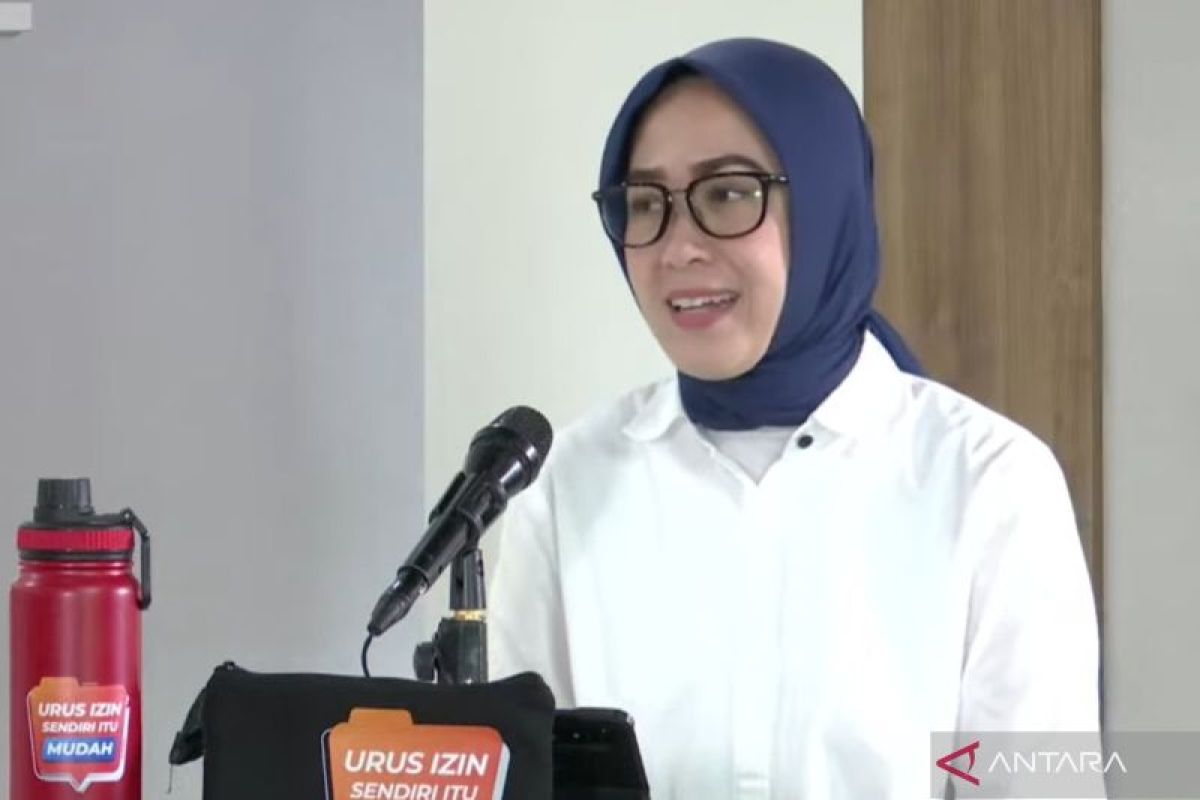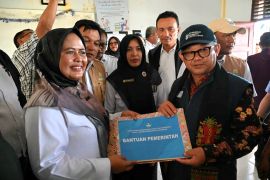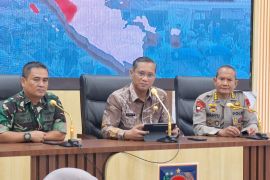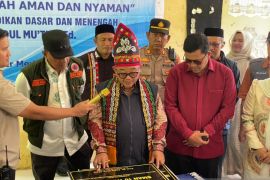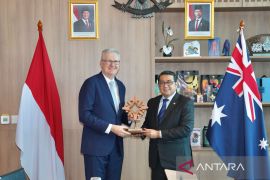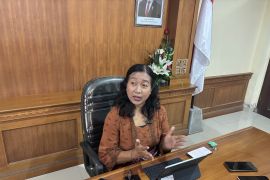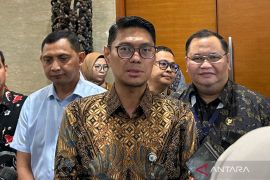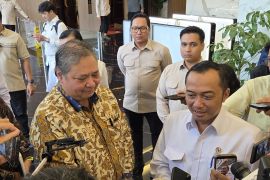Relaxation and engaging in enjoyable hobbies can be an effective early step to prevent post-traumatic stress disorder (PTSD), according to dr. Monica Andalusia, a psychiatrist at Duren Sawit Regional Special Hospital (RSKD) in Jakarta.
Speaking on the “Rabu Belajar” podcast titled *Post-Traumatic Stress Disorder and Its Prevention*, she emphasized the importance of mental recovery after traumatic experiences.
“It is advisable to engage in regular relaxation or pursue hobbies that bring happiness. Avoid activities that create additional burdens,” Monica said.
She cited the August riots, where people witnessed public facilities being vandalized or burned, as examples of events that can trigger trauma.
PTSD is a mental health condition marked by anxiety, sadness, fear, and other symptoms following traumatic experiences such as war, natural disasters, domestic violence, sexual abuse, or neglect.
According to the World Health Organization (WHO), while 70 percent of people globally experience at least one traumatic event in their lifetime, only about 5.6 percent develop PTSD. The risk depends on the nature and severity of the trauma.
Monica advised managing controllable stress factors, such as adjusting workloads or temporarily switching to lighter duties.
“There is nothing wrong with switching to lighter duties for a while,” she said. She also encouraged joining support groups to share experiences and seek emotional support.
For those struggling with persistent anxiety, fear, or sadness, Monica recommended seeking professional help.
“It is best to meet a psychiatrist in person for a comprehensive assessment. However, if that is not possible, many hospitals now offer teleconsultation services, which are very helpful,” she added.
If left untreated, PTSD can disrupt daily life, relationships, and productivity. Early intervention through relaxation, support, and professional care is essential to recovery.
Translator: Primayanti
Editor: Aditya Eko Sigit Wicaksono
Copyright © ANTARA 2025
